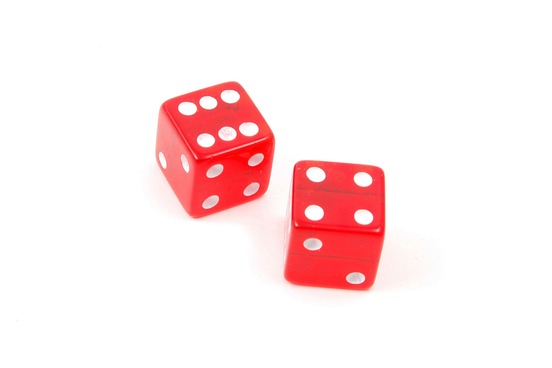
Cattywampus
Definition - askew, awry, kitty-corner
Cattywampus is a variant of catawampus, another example of grand 19th century American slang. In addition to “askew” catawampus may refer to “an imaginary fierce wild animal,” or may mean “savage, destructive.”
After some very catawampus chawing of the Philadelphia Vade Mecum (a rival sporting paper), the Editor gives a programme of “The Day!”—thus: Epitome of News for Saturday.
— United States Telegraph (Washington, DC), 23 Jul. 1835

Bumfuzzle
Definition - confuse; perplex; fluster
Bumfuzzle has been in use since the middle of the 19th century, although it appears to be slouching towards obsolescence. We’re not certain where it comes from, although it is possible that it is descended from dumfound (which had variants such as dumfoozle and bumfoozle). If you want to claim that bumfuzzle is based on some meaning of bum compounded with fuzzle (an archaic word meaning “to intoxicate”) you certainly can. You'd almost certainly be wrong, but at least you’d have an entertaining etymology.
When he got to the stairs, another, a sister of the first kissist and huggist, did the thing over again. He was bumfuzzled, but supposed the matter would soon be explained; and it was. The girls had mistaken him for their uncle.
— The Weekly Caucasian (Lexington, MO), 6 Sept. 1873

Gardyloo
Definition - used in Edinburgh as a warning cry when it was customary to throw slops from the windows into the streets
Gardyloo is widely supposed to have been taken from French, although it is uncertain whether it comes from an actual French phrase (such as garde à l’eau!, “attention to the water!”) or if it was a mocking and mistaken imitation of that language. The words appears to have been in use since the late 18th century, and in early use tends to refer more often to defenestrating the contents of a chamber pot more than kitchen slops.
And behold there is nurro geaks in the whole kingdom, nor anything for poor sarvants, but a barrel with a pair of tongs thrown a-cross; and all the chairs in the family are emptied into this here barrel once a-day; and at ten o’clock at night the whole cargo is flung out of a back windore that looks into some street or lane, and the maid calls gardy loo to the passengers, which signifies Lord have mercy upon you!
— Tobias George Smollett, The Expedition of Humphry Clinker, 1771
Despite this word coming from the British Isles, the fact that it ends with a -loo and deals with toilet products has nothing to do with the fact that some speakers of British English refer to the toilet as a loo. The origin of the toilet loo is unknown, and the word does not come into common use until well over a century after gardyloo.
The people who sing Gardyloo,
As we run down the street;
And think the blessed air of heaven
Did never smell so sweet
— The Standard (London, Eng.), 17 Aug. 1827
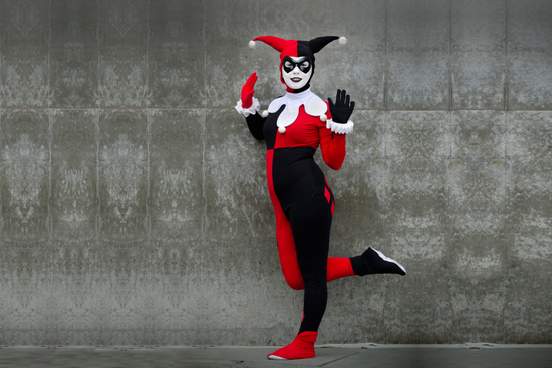
Taradiddle
Definition - 1: a fib 2 : pretentious nonsense
There is a myth that taradiddle was born in the town of Taradiddle, Ireland; that itself is a taradiddle, because there is no such town. We don't know where taradiddle (also spelled tarradiddle) comes from, but we do know that the word has been a favorite of writers ranging from Balzac to Trollope to G. K. Chesterton. Lyricist W. S. Gilbert (of Gilbert and Sullivan fame) used it in two operas.
The English language is rich in synonyms for both the meanings of taradiddle. We have a list of words for fibbing here, and additional ways of saying “nonsense” include trumpery, balderdash, skimble-skamble, and many others.
No Gossip! no! our Neighbour’s name
So tenderly we handle!—
A Taradiddle— Fib, or so:—
But not a word of Scandal!
Yankee doodle &c.
— Thomas Read, The British Harmonist, 1795
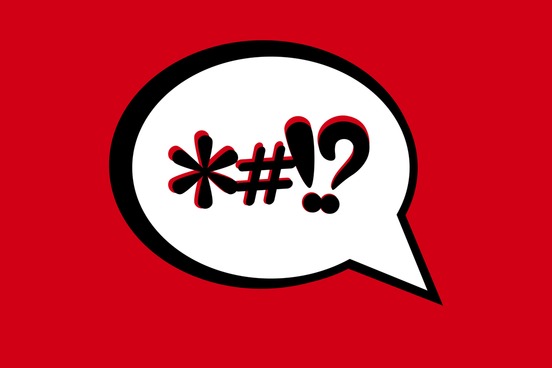
Billingsgate
Definition - coarsely abusive language
Billingsgate was once the name of an actual gate, located in London. It was the site of a fish-market, which took on this name in the 14th century. The market was famed for the vulgarity of the fishmongers’ speech, and so billingsgate came to be synonymous with abusive and coarse language.
…the woman with her tippet standing up, her tongue being almost weary with Billingsgate worke, going out of doores, chanced to slip, and in stead of a womans smock, shewed a mans shirt on her backe.
— Anon., The Downfall of Temporizing Poets, 1641I shall rake no more in this Pamphleters nasty Kennel, which abounds with such filhy stincking stuffe, and Billingsgate Language as this.
— William Prynne, A Fresh Discovery, 1645
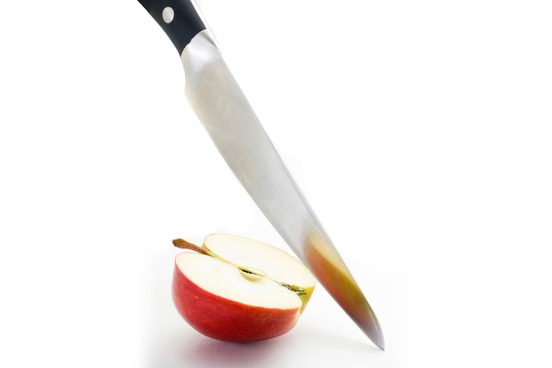
Snickersnee
Definition - 1. to engage in cut-and-thrust fighting with knives 2 : a large knife
Snickersnee comes from the Dutch phrase steken of snijden, "to thrust or cut." Over time, snick and snee, snick-or-snee, and snickersnee followed. The word has been in English use since at least the middle of the 17th century. Our earliest evidence comes from a Thomas Washbourne poem, published in 1654, titled To the Common Drunkard, Falsely Call a Good Fellow:
Cannot friends meet but they must drink t' excess?
Must all your mirth conclude in drunkenness?
Accurst be he brought it in fashion first;
Before ye were content to quench your thirst,
And not exceed three or four cups at most;
Now you carouse till all your reasons lost,
And like to overheated Dutch men, yee
Drink till ye fight, and fall to snicker snee.
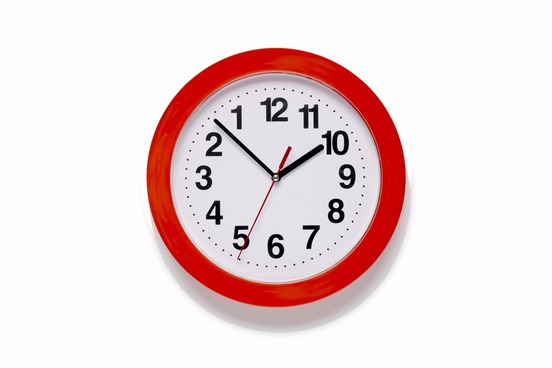
Widdershins
Definition - in a left-handed or contrary direction; counterclockwise
English speakers got widdershins from an old German word meaning "to go against," and by the mid-1500s we were using the word as we use it today – as a synonym for counterclockwise. Clockwise also has a number of synonyms in English, including deasil, sunwise, and sungates.
For the first 200 years of the word's life, however, it had another meaning as well – it was used to describe that particular kind of bad hair day when unruly hair stands on end or simply falls the wrong way.
But he held her by both her armes, and as he used to say, when he spoke of it, he betooched himself strongly and earnestly to God, though with great amazement, his hair standing Widdershins in his head.
— George Sinclair, Satan’s Invisible World Discovered, 1685

Collywobbles
Definition - pain in the abdomen and especially in the stomach; a bellyache
Etymologist believe that collywobbles most likely has its origin in cholera morbus, the Latin term for the disease cholera (the symptoms of which include severe gastrointestinal disturbance). How would cholera morbus have shifted into collywobbles? By folk etymology – a process in which speakers make an unfamiliar term sound more familiar. In this case, the transformation was probably influenced by the words colic and wobble.
Well I guess, Squire it is sort o’ good: it’s a balm of Columby; good for the hair, and cures the collywobbles.
— The Lancaster Gazette (Lancaster, OH), 30 Jun. 1848

Gubbins
Definition - fish parings or refuse
Gubbins has several possible meanings, all of which are most often found used in British English. In addition to the aforementioned fish refuse it may refer to “scraps, or bits and pieces,” “a gadget,” or “a simpleton.” The word comes from the language of cooking. Its ancestry includes words meaning paring, portion, and gobbet (meaning morsel).
Pisces, the Fishes, gouernes the feet: for let a man come out of any Tauerne in Fish-street drunke, it is so slippery with fish water, that downe he comes, and lies like a heape of stinking gubbins.
— Thomas Dekker, The Owles Almanacke, 1618

Diphthong
Definition - two vowel sounds joined in one syllable to form one speech sound, e.g. the sounds of "ou" in out and of "oy" in boy
Evoking the dual nature of diphthongs themselves, the word diphthong retains the two parts in its Greek ancestor diphthongos: di- meaning "two" and phthongos meaning "sound" or "voice." The word is a bit strange-looking to English speakers, a fact reflected in the two pronunciations the word has, one with a first syllable of /dif/ and one with a first syllable of /dip/.
A glitch refers to some piece of technology's failure to do something it's intended to do. But Siri is doing exactly what it was built to do…. Siri would have an actual glitch if it couldn't understand diphthongs or something.
— Damon Poeter, PC Magazine, 1 Dec. 2011
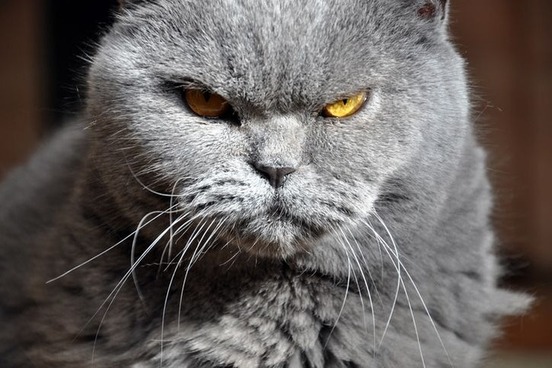
Ill-willie
Definition - having an unfriendly disposition
Sure, you could just say mean, surly, cantankerous or any one of dozens of other possible synonyms, and have everyone know what you mean. But sometimes you may not want everyone to know what you mean, especially when describing an unpleasant person. Ill-willie is mainly found in Scottish use, and should not be confused with guidwillie, which means “cordial, cheering.”
The calfes and ky met in the lone,
The man ran with ane rung to red;
Than thair comes ane ill-willie kow
And brodit his buttok quhill that it
Than up he tuik ane rok of tow,
And he satt down to sey the spinning.
— “The Wyfe of Auchtermuchtie,” Blackwood’s Edinburgh Magazine, Apr. 1817

Conjubilant
Definition - shouting together with joy
Conjubilant comes to our language from the Latin conjubilare, which is itself from jubilare, meaning “to shout for joy.” The prefix con- (which is also found as com- or col-, depending on what letters it is preceding) often has the meaning of “with,” “together,” or “jointly.” This is illustrated by such words as compotation (“a drinking or tippling together”), confabulate (“to talk familiarly together”), and constult, a word that is unfortunately quite obsolete (but defined in The Oxford English Dictionary as “to play the fool together”)
The Fall of Santiago the Occasion of Some Fine Speech-making and the Two Camps are Conjubilant with Song.
— (headline) Charleston Tri-Weekly Courier (Charleston, SC), 20 Jul. 1898
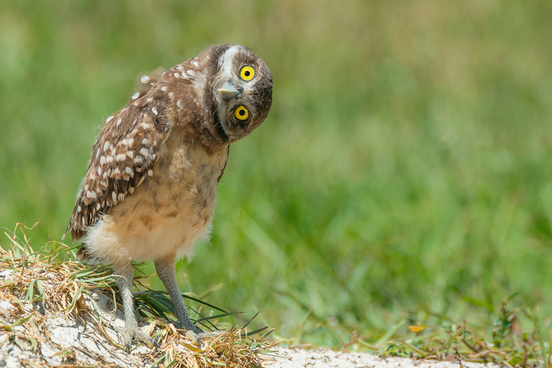
More Silly Words
'Flummadiddle', 'slumgullion', and more silly words from the 19th century
SEE THE LIST >





